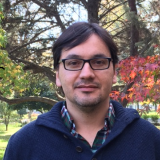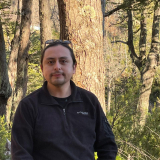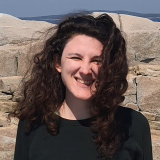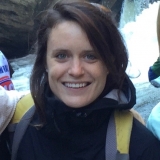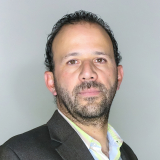Preface
All countries now face enormous challenges posed by climate change. The consequences of continued greenhouse gas emissions are dire, particularly for countries in the Global South that are both more affected and more vulnerable to climate change at the same time as they have less capacity to adapt (AfDB 2022). The realization that a low-carbon transition needs to be implemented also in countries in the Global South is well established and is also reflected in most countries’ ratification of the Paris Agreement and in their Nationally Determined Contributions. In effect, most countries in the Global South are now confronted with the fastest and most dramatic transformation of their economies that they have ever experienced – or at least they would need to be.
The low-carbon transition in the Global South needs to be guided by research since such a transition is an inherently very knowledge-intensive process. This is why the Sustainable Inclusive Economies (SIE) Division of the International Development Research Centre (IDRC) has identified this area as particularly interesting to support. This report is commissioned by SIE as part of a larger initiative to develop an actionable research agenda that the IDRC can support to achieve a low-carbon transition with gender equity in the Global South.
Sustainable Energy Transitions is part of the Research Agenda for Low Carbon Transition and Gender Equity in the Global South series of papers. The consortium that is working on this series of papers is global and consists of 60 researchers from a multitude of universities and institutions. This particular paper has been written by Marc Jeuland from Duke University, Marcela Jaime from Universidad de Concepción, Carlos Chávez from Universidad de Talca, Walter Gómez from Universidad de La Frontera in Temuco, Cesar Salazar from Universidad del Bio-Bio, Mauricio Oyarzo from Universidad de Concepción, Cristóbal Vasquez from University of Concepción, Adolfo Uribe from Universidad de Talca, Marta Talevi from Vrije Universiteit Amsterdam and Erin Litzow from University of British Columbia. The EfD Global Hub staff supporting the authors was Alejandro Lopez Feldman.
This paper focuses on sustainable energy transitions, with a particular emphasis on gendered and intersectional aspects, which are central to the idea of inclusive LCT. It draws mainly on a recent systematic review carried out by the Sustainable Energy Transitions Initiative, as well as on information gathered specifically for this report regarding ongoing policy processes and priorities from stakeholders in a sample of LMICs. We will then revise the paper for validation by policy makers and senior civil servants in the Global South. Based on the reviews and validations, we plan to prepare final versions of both the paper and the accompanying High-Level Research Agenda by March 2023. The ambition is that these papers will be useful both for donors and research institutions in supporting an even greater contribution by research to a much needed low-carbon transition with gender equity in the Global South in this crucial Decade of Action.
Gunnar Köhlin
Director, Environment for Development



